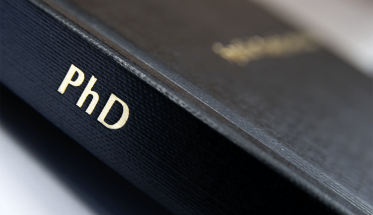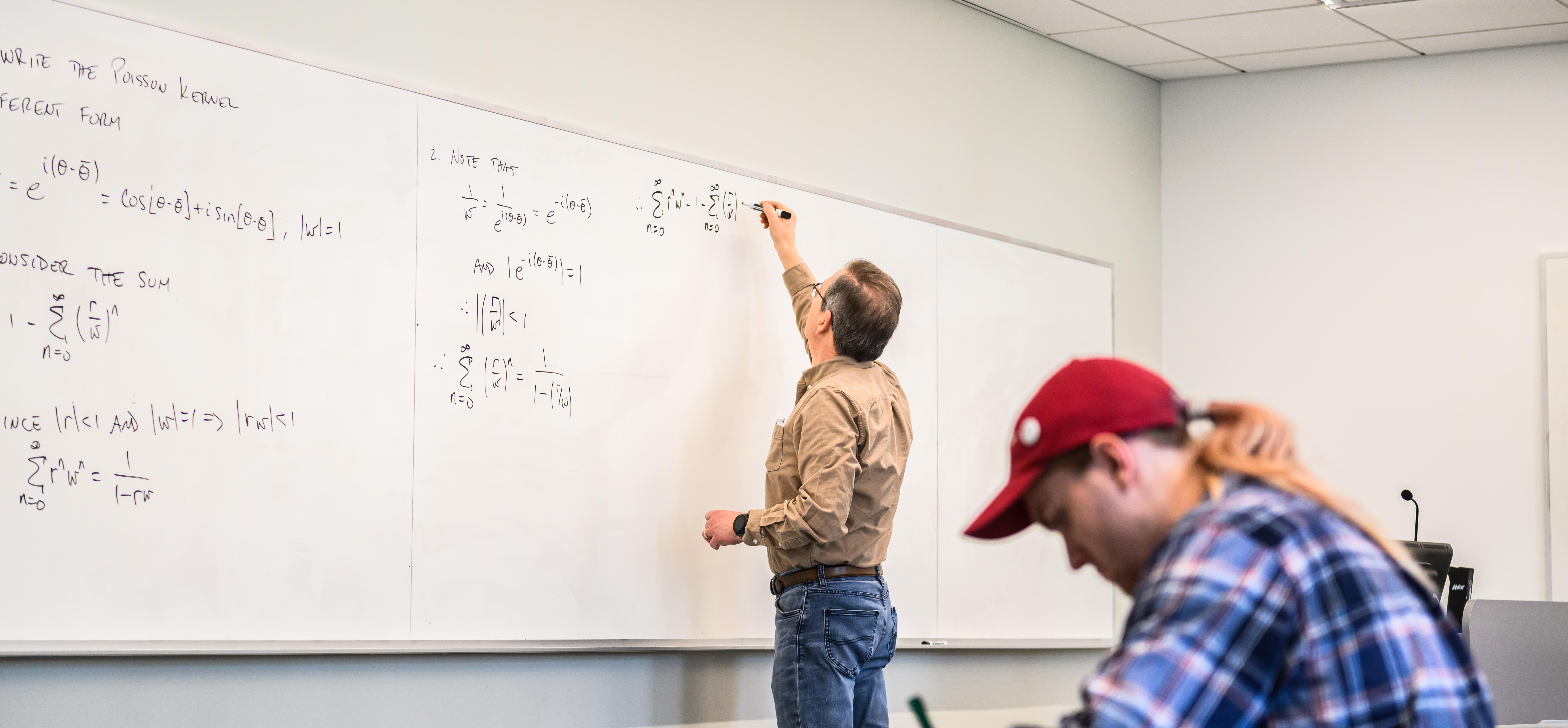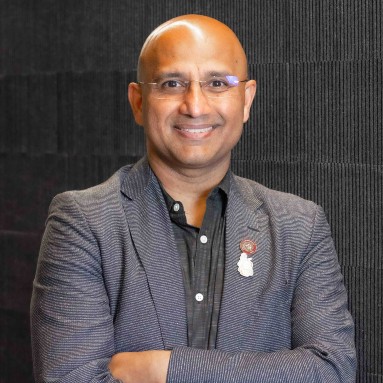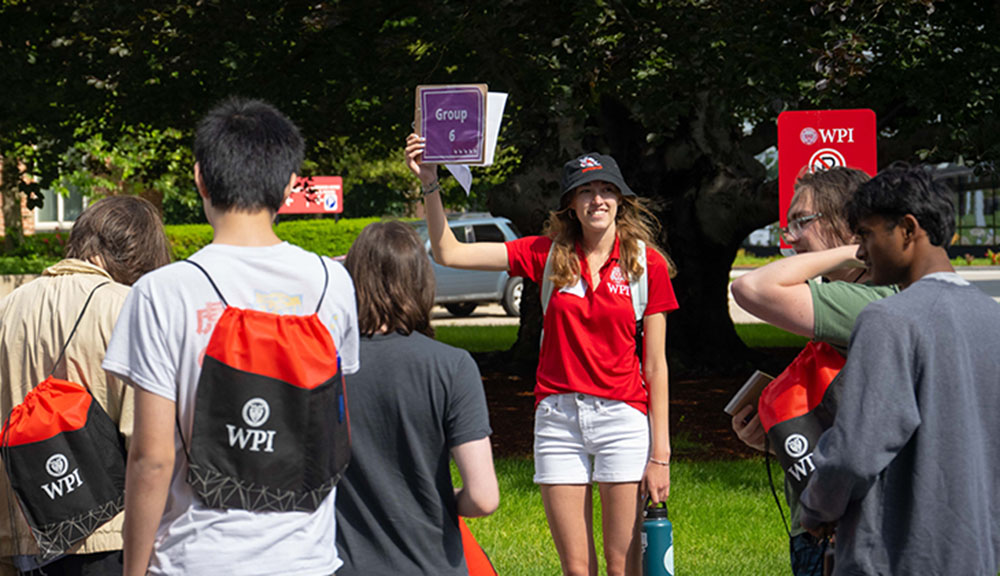
Michael Yereniuk left almost nothing to chance when he realized in March that he would be defending his dissertation online instead of standing in a room before scholars, friends, and family.
The candidate for a PhD in mathematics practiced his presentation, “Global Approximations of Agent-Based Model State Changes,” approximately 10 times on the videoconferencing platform Zoom, with friends and relatives watching remotely and asking questions.
“When I give presentations, I like jumping around the room and being very visual,” says Yereniuk, who successfully defended his dissertation April 7. “I had to think about being a talking head and not using my hands as much. And because it was just my face on the screen, I tried to maintain calm facial expressions.”
Welcome to the new world of graduate studies. As university campuses have closed most operations and public authorities have discouraged gatherings because of the COVID-19 pandemic, graduate students have moved their presentations, defenses, and even their celebrations online.
WPI has shifted these activities to Zoom, and a number of doctoral candidates have already used the technology in recent weeks to defend their dissertations. Others are scheduled to do so in the coming weeks.

The technology allows graduate students to close out years of work.
“Five years ago, I might not have been able to do this,” says Douglas K. Reilly, who successfully defended his biology and biotechnology dissertation, “Neuromodulation of Sex-Specific Pheromone-Mediated Behaviors” on a Zoom session April 10. “I don’t know if everyone would have been as technologically able to join in on a remote meeting. I would have been stuck waiting until this pandemic was over.”
Learning to Refine Presentations
Normally, dissertation presentations and defenses are a mix of public and private events. A candidate for a doctorate writes a dissertation that is based on research overseen by an advisor and reviewed by a committee of scholars. The candidate makes a public speech outlining the research, then privately meets with the committee to answer questions. This “defense” allows the candidate to show how the research advances knowledge about a subject.
If successful, the candidate usually has a chance to celebrate with department and committee members after a defense, perhaps even with a toast.
Videoconferencing tools can be used to adapt presentations for remote attendees, says Rory Flinn, WPI assistant dean of graduate studies, who recently led a webinar for graduate students on how to use Zoom to defend theses and dissertations. Presenters can use chat tools to field questions and scribble schematics on virtual whiteboards.
"You’ve done this momentous thing. Plan some kind of celebration."
-Rory Flinn Assistant Dean of Graduate Studies









